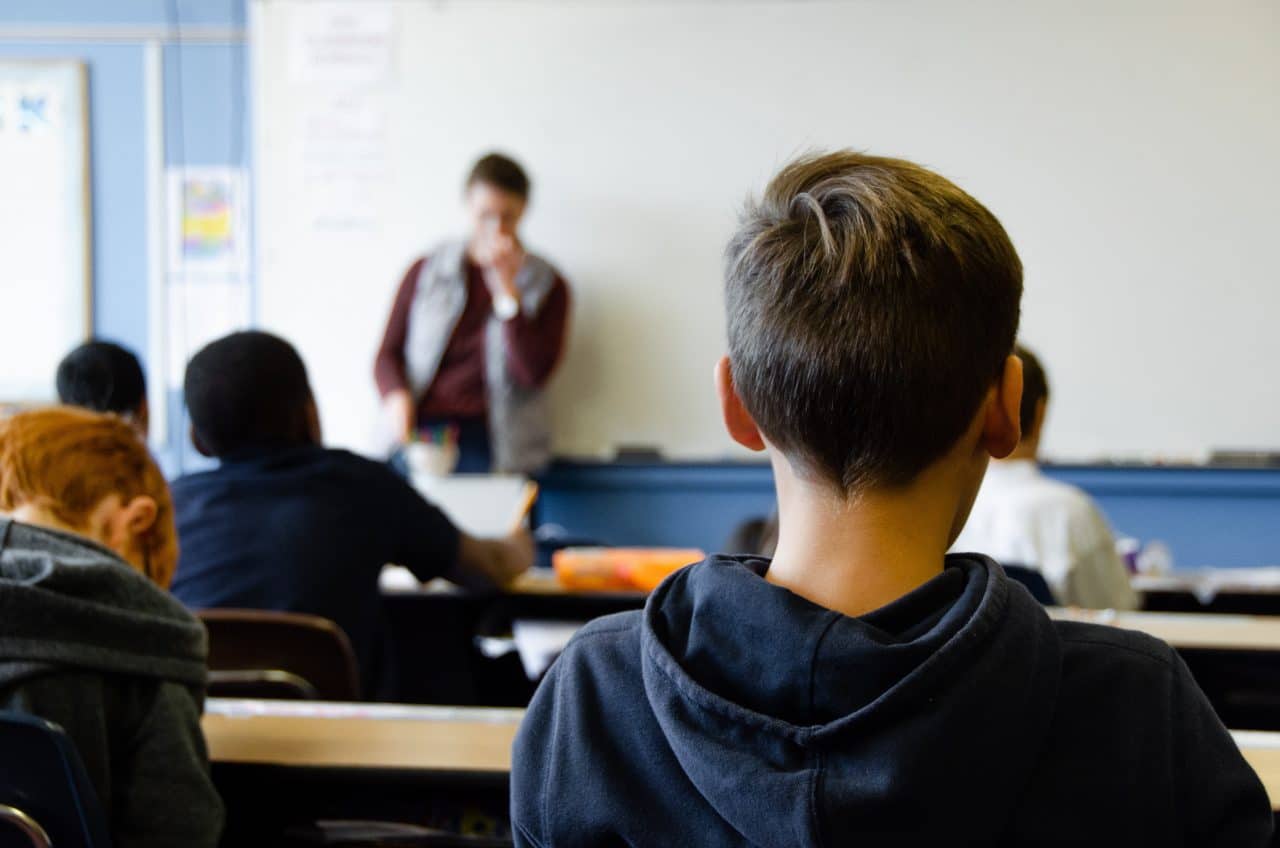The CDC reports that approximately 15% of school-aged children ages 6 to 19 have a hearing loss of at least 16 dB in one or both ears.
With the right interventions, children with hearing loss can be just as successful in school as their peers who have normal hearing. However, left undiagnosed and untreated, hearing impairment can have major effects that can mimic a learning disability.
Because the symptoms of untreated hearing loss and learning disabilities so closely imitate each other, it can be easy for a child to be misdiagnosed. Below we review how hearing and learning are connected and how to help a student with hearing loss in the classroom.
How Hearing & Learning Are Connected

In very young children, untreated hearing loss leads to speech and language delays, which later translates to learning problems and poor school performance in older school-age children.
Even a very mild hearing loss can cause difficulty keeping up, as a child may be able to hear but not understand. Additionally, a mild hearing loss may not be noticeable and end up going untreated for longer.
The American Speech-Language-Hearing Association (ASHA) reports that children who have mild to moderate untreated hearing loss are likely to be behind their peers by one to four grade levels. In addition, those with more severe untreated hearing loss usually do not progress beyond third-grade level.
How to Help Students with Hearing Loss
It’s certainly not the case that students with hearing loss are less intelligent than their peers with normal hearing; unfortunately, it is often the case that classrooms are not set up to accommodate students with hearing loss, and teachers are not always trained to teach in a way that is accommodating to this type of disability.
If you’re a teacher in Pickens County Schools and have students with suspected hearing loss, you can look out for signs such as:
- Inattentiveness
- Inappropriate responses to questions
- Daydreaming
- Trouble following spoken directions
- Speech problems
There are other concerns that could look like hearing loss but a child may have hearing sensitivity within normal limits. One of these disorders is called auditory processing disorder. This can have similar symptoms as hearing loss, ADHD and even dyslexia. Having a child properly evaluated and determining their diagnosis and needs is critical to their success.
The sooner your child’s hearing loss is diagnosed and treated, the better their academic performance will be. For more information or to schedule an appointment, call Elevate Audiology today.
